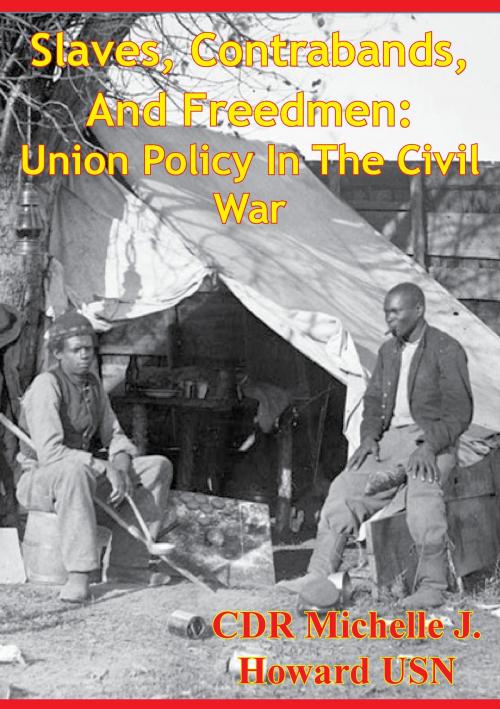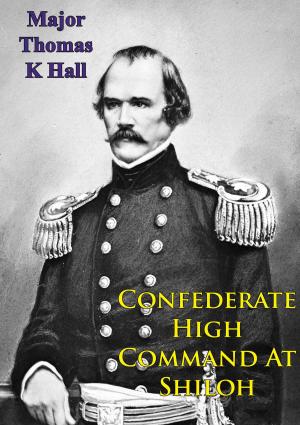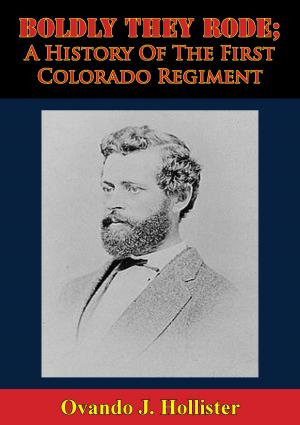Slaves, Contrabands, And Freedmen: Union Policy In The Civil War
Nonfiction, History, Modern, 19th Century, Americas, United States, Civil War Period (1850-1877), Military| Author: | CDR Michelle J. Howard USN | ISBN: | 9781782899396 |
| Publisher: | Golden Springs Publishing | Publication: | November 6, 2015 |
| Imprint: | Golden Springs Publishing | Language: | English |
| Author: | CDR Michelle J. Howard USN |
| ISBN: | 9781782899396 |
| Publisher: | Golden Springs Publishing |
| Publication: | November 6, 2015 |
| Imprint: | Golden Springs Publishing |
| Language: | English |
This study examines Union slave policy in the Civil War. Prior to the initiation of hostilities, President Abraham Lincoln stated that the conflict between the states was over the preservation of the Union, and not over slavery. The administration was concerned that a war policy centered on slavery would result in the loss of the Border States. The war started without a slave policy promulgated from the administration to the War Department.
By May of 1861, fugitive slaves had entered Union lines and were retained by military commanders as “Contraband of War.” The Union employed over 200,000 fugitive slaves before the war ended. Military commanders were forced to create slave policy to handle overwhelming numbers of runaway slaves. Local military policy impacted the administration’s agenda. In response, the administration would variously support, dismiss, or ignore the commanders. As the war progressed, Union slave policy caused conflict within and outside the military chain of command.
As the conflicts became publicized, President Lincoln created or agreed to slavery policies that conformed to changing congressional and public opinion. The administration had been forced to deal with the issue it had sought to avoid. Military decisions in the field had impacted national goals.
This study examines Union slave policy in the Civil War. Prior to the initiation of hostilities, President Abraham Lincoln stated that the conflict between the states was over the preservation of the Union, and not over slavery. The administration was concerned that a war policy centered on slavery would result in the loss of the Border States. The war started without a slave policy promulgated from the administration to the War Department.
By May of 1861, fugitive slaves had entered Union lines and were retained by military commanders as “Contraband of War.” The Union employed over 200,000 fugitive slaves before the war ended. Military commanders were forced to create slave policy to handle overwhelming numbers of runaway slaves. Local military policy impacted the administration’s agenda. In response, the administration would variously support, dismiss, or ignore the commanders. As the war progressed, Union slave policy caused conflict within and outside the military chain of command.
As the conflicts became publicized, President Lincoln created or agreed to slavery policies that conformed to changing congressional and public opinion. The administration had been forced to deal with the issue it had sought to avoid. Military decisions in the field had impacted national goals.






![Cover of the book Transforming Under Fire: the Atlanta Campaign of 1864 [Illustrated Edition] by CDR Michelle J. Howard USN](https://www.kuoky.com/images/2014/august/300x300/9781782893950-LgN5_300x.jpg)








